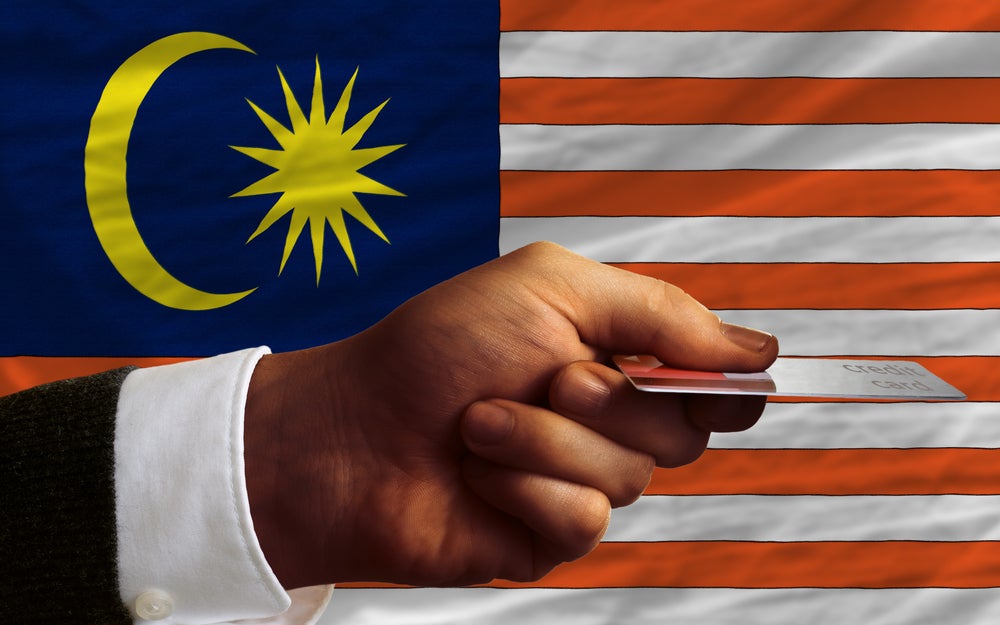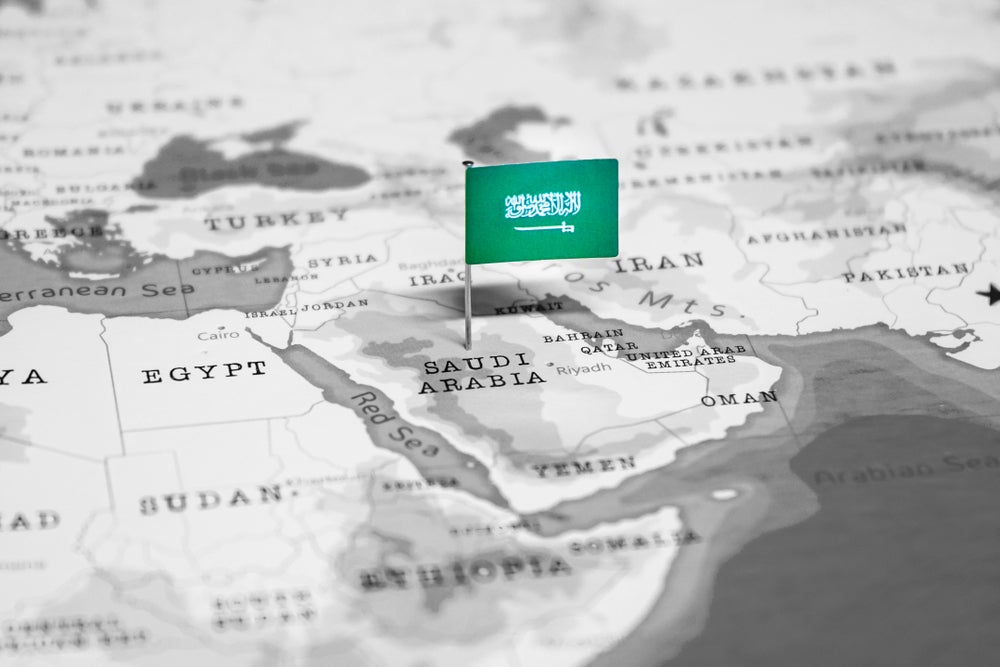In a region struggling with issues such as large unbanked populations, high rates of unemployment and an unpredictable – and potentially unsympathetic – US president, the prospects for payment cards in Latin America may seem questionable. This is not, however, necessarily the case, writes Ivan Castano
In August, Brazilian digital card operator Nubank raised headlines by announcing that Goldman Sachs had boosted its credit line 21% to BRL455m, or $144m at current exchange.
The infusion showed that investors will continue to bet on the country’s growing fintech sector despite the lingering recession and stinging corruption scandals.
Nubank is taking on the country’s top issuers such as Itaú and Bradesco by offering a platinum Mastercard with no annual fee, seducing young, recession-hit Brazilians looking to save money anywhere they can.
Its disruption comes as Latin America’s cards market is expected to grow 9% on a CAGR basis from 2014 to 2019, according to Entrust Datacard.
As it works to develop its banking rate – 210 million are unbanked – and financial inclusion, debit is expected to sharply outpace credit growth by 2020, accounting for $600bn of transactional value, from $380bn currently.
How well do you really know your competitors?
Access the most comprehensive Company Profiles on the market, powered by GlobalData. Save hours of research. Gain competitive edge.

Thank you!
Your download email will arrive shortly
Not ready to buy yet? Download a free sample
We are confident about the unique quality of our Company Profiles. However, we want you to make the most beneficial decision for your business, so we offer a free sample that you can download by submitting the below form
By GlobalDataBy that time, credit cards will also grow from $400bn now to reach a transactional value of $510bn, according to the card-security services provider. The digital market is also growing on the back of rapid mobile uptake in Brazil and Mexico, where 12% of the population is currently making use of a digital wallet.
‘Hola Liberdade’
With marketing catchphrases such as “Hola Liberdade [Hello Freedom]…” and “Finally you are in control of your money,” Nubank has quickly become the envy of Brazil’s payments circuit.
Its revenues are growing 10% monthly while big banks continue to lick their wounds as Brazil’s record recession begins to ebb. Some large banks – including Bradesco and Banco do Brasil – have launched a competing product called Digio. While it does not charge annual fees, Digio cannot match Nubank’s other advantage: low-interest revolving credit lines.
Nubank, Digio and virtually every other issuer are fighting for a piece of the fintech banking and insurance market, which Goldman Sachs estimates will reach a value of $75bn in 10 years.
The fight is set to intensify as the cards market swings into recovery this year, and gains as much as 14% in 2018 when Latin America’s largest economy is seen to be expanding by 2.5-3%.
This year, GDP growth will inch up 0.40%, putting the country in the black after the economy contracted by over 7% in the past two years, forcing many banks to engage in painful write-offs.
“The market is staging a recovery,” confirms a senior analyst at Itaú, the country’s largest plastic issuer with 31% of the market. “Volume growth is gradually accelerating. In the first half of the year, we grew 6-7% so we could have a higher single-digit number in 2017.” Card purchases including debit and credit grew 6.6% to $349bn, he adds.
Default rates – now hovering at 40% on a revolving basis – are also improving, claims the analyst, adding that on an absolute basis they stand at 5%. Meanwhile, unemployment is easing, boosting hopes that the market will grow strongly in the next 12-18 months. As of early summer, 14 million people – representing 13% of Brazil’s population – was idle.
Regulatory concerns loom, however, with the possibility that credit card settlement times will be slashed from 30 days to three in the medium term, according to analysts, adding that the Central Bank is currently reviewing the action.
“This will be a deep change with unpredictable consequences,” predicts one analyst at Bradesco bank, going on to forecast that any changes will take “a few years” to come through, as regulators do not want to hobble the economic recovery.
Mexico shrugs off Trump
Meanwhile, Mexico continues to ride off Trump’s protectionist threats, with consumers expected to drive up card purchases by 11% to roughly $5bn this year, observers say.
Mexico City also recently hiked the country’s GDP forecast to 1.5-2.5%, up from 1.3-2.3% earlier in the year when Trump’s anti-Mexico agenda called for an unfavourable rewrite of the NAFTA free-trade accord and a border tax against US firms manufacturing south of the border.
NAFTA negotiations have started slowly, while Trump has softened his stance, fuelling optimism that Latin America’s second-largest economy will extend a five-year growth spree, with consumption and investment growing sharply.
“We are starting to see the largest banks increase issuance” as the outlook brightens, says Jorge Benitez, analyst with GBM brokerage. “Right now, everyone is focusing on cross-selling their card products with other loan categories such as autos or mortgages to grow their portfolios.”
Betting on Mexico and Latin America’s future, in February billionaire Carlos Slim partnered with America Movil to develop digital wallet services for its 280 million regional subscribers As part of the deal, PayPal, which also entered into a similar agreement with Vodafone, will leapfrog in Latin America where rivals such as Pay U, Allpago and Cielo are rushing for market dominance.
Slow digital adoption
The deal should help develop the $2.2trn digital payments market, growing from rapid mobile uptake but facing major challenges from slow POS and mobile-payment adoption.
Moreover, most consumers prefer to swap plastic instead of using their mobile wallets amid a lack of know-how and transaction security fears.
Despite buoyant growth Mexican card defaults are rising, with the rate now standing at 5.3%, up from 4.9% last year, says Benitez, adding that it could reach 6% by the end of the year.
Still, he believes the rate is sustainable and part of the industry’s up-cycle, trailing sharply below the 13% seen during the 2008-2009 financial meltdown.
With interest rates topping 26%, Mexico has 163 million cards in circulation – 134 million debit and 29 million credit. And with the country’s 20% banking rate – much lower than Brazil or Chile – it has huge growth potential for the Visas and Mastercards of the world, observers note. Meanwhile, new regulations forcing online operators and other fintechs to bolster capital reserves against non-performing loans are seemingly driving M&A.
Chile and Colombia
“More than competition, I think we are going to see a period of consolidation as payment fintechs need more capital and seek larger banks to obtain it,” says Benitez.
Leading issuers such as Spain’s BBVA Bancomer or Banamex “could acquire those fintechs and obtain big synergies.”
Brazil and Mexico apart, Chile is also growing rapidly with card purchases forecast to gain 8-9% this year, up from 6-8% in 2016, as banks work to win new customers in a firming economy.
“Last year we saw a credit slowdown because of weak economic growth, but the economic outlook is improving and banks are focusing on improving their card portfolios, especially with higher-end consumers,” says Sebastian Gallegos, analyst at brokerage business Credicorp.
“We are going to see a strong growth dynamic this year, and even more so in 2018.”
Chile, which has a 52% card penetration rate, continues to witness strong growth in debit cards with nearly 20 million in circulation, according to the latest study by market consultancy Tecnocom, which put the number of credit cards at 10 million.
Meanwhile, the market is cooling in Colombia where growth could stall this year amid sluggish economic growth, says market consultant Daniel Castellanos.
Debit and credit issuance could jump 7% this year, more than 50% below much loftier gains of 12-15% during 2012-2015, when Colombia was reaping the benefits of a commodities boom, he explains.
“A couple of years ago, we had around 5 million credit cards,” Castellanos says. “Now we have as many as 9 million because of an explosion of credit and consumption.”
While Colombia’s GDP grew around 6% annually between 2010 and 2015 it has since cooled and is forecast to gain 1.5-2% this year.
Past-due balances have climbed to 6% of total issuance form about 3% a year ago, Castellanos adds.
“The portfolio is deteriorating to worrisome levels,” he notes, adding that banks will curtail credit in coming months and may be forced to provision losses.
Fraud alerts
In other developments, credit-card fraud is raising headlines, most recently in Argentina where Aerolineas Argentinas passenger Martin Fumarola was caught in a massive fraud scheme that enabled him to visit 26 cities at no cost to himself.
Fumarola, who used his name and ID to book the flights, hacked the airline’s systems to collect customers’ card numbers.
Regulators slammed the flagship carrier for failing to detect the activity, which took place over a period of four years.
Mexican department store chain Liverpool was similarly criticised in 2015 when criminals hacked its systems, stealing customers’ store-card information.







